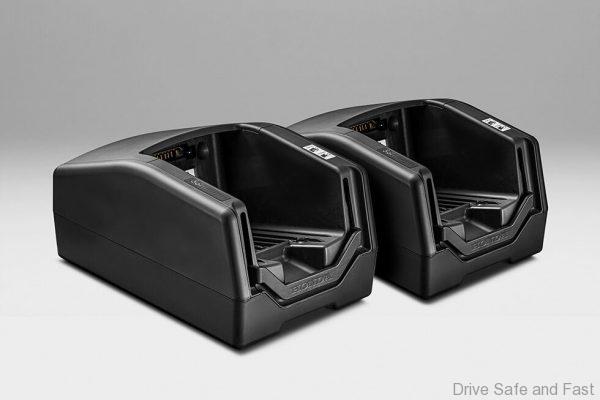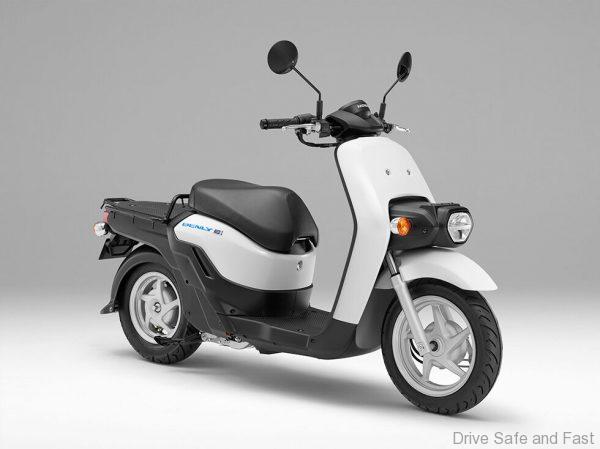We’re transitioning towards cleaner energy and alliances are building within the automotive industry to help make this happen. The latest development involves the formation of a Swappable Batteries consortium for electrified motorcycles and light vehicles.

This will involve Honda, Yamaha, KTM and Piaggio.

Aim of the swappable battery consortium
By standardising the battery that’s used between these major bike and light vehicle producers, it’s believed that life-cycle management of these batteries will be easier to do. Not only that, but batteries can be produced at a larger scale, bringing production and research costs down.

The consortium will create and define the technical specifications of this battery. So far, we know that it’s being targeted for use in:
- mopeds
- motorcycles
- tricycles
- quadricycles
Expect the consortium to get to work by May 2021. Honda are already selling Benly e Electric bikes in Japan that use a swappable battery pack. Maybe they’ll use this design as a starting point.
Here’s the press release with more information.
PRESS RELEASE
Honda announced today that the company has signed a letter of intent with KTM AG, Piaggio & C SpA and Yamaha Motor Co., Ltd. to set up a Swappable Batteries Consortium for Motorcycles and Light Electric Vehicles
In the context of the Paris Climate Agreement and the transition to electromobility, the founding members of the Consortium believe that the availability of a standardized swappable battery system would both promote the widespread use of light electric vehicles and contribute to a more sustainable life-cycle management of batteries used in the transport sector.
Also, by extending the range, shortening the charging time and lowering vehicle and infrastructure costs, the manufacturers will try to answer customers’ main concerns regarding the future of electromobility.
The aim of the Consortium will, therefore, be to define the standardized technical specifications of the swappable battery system for vehicles belonging to the L-category; mopeds, motorcycles, tricycles and quadricycles. By working closely with interested stakeholders and national, European and international standardization bodies, the founding members of the Consortium will be involved in the creation of international technical standards.
The Consortium will start its activities in May 2021. The four founding members encourage all interested stakeholders to join the cooperation to enrich the Consortium’s expertise.

